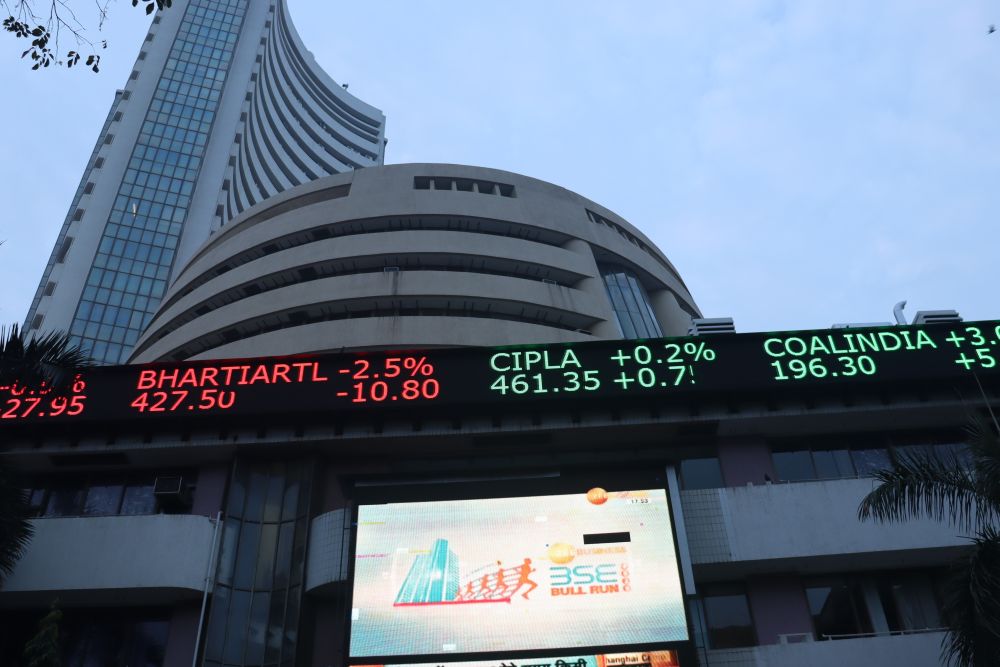Nothing lasts forever and the only constant is change. This mantra echoed throughout 2022 as capital market practitioners navigated an extremely volatile year that saw a myriad of challenges from rising interest rates to the ongoing Russia-Ukraine war.
Despite the tough market conditions, deals did get done across the region. In Indonesia, the sovereign continued to set pricing benchmarks across multiple bond tenors. The more active banks were able to work with subsidiaries of the largest state-owned enterprises and introduce them to the loan syndication market.
In Vietnam several high-profile loan syndication deals were executed despite lending restrictions imposed by the State Bank of Vietnam and negative sentiment towards the country’s highly leveraged real estate sector.
The uncertainty in the marketplace has led several issuers to look inward and seek local support for their business development. Asian local currency bond issuance was up 12.5% in the first nine months of 2022 compared with the same period in the previous year, according to data from the Asian Development Bank (ADB).
The lower cost of financing was the primary driver for local currency issuances in several Southeast Asian countries. Many issuers were pleasantly surprised with the huge demand in their home markets, which benefited from a growing savings base and additional local currency investment mandates.
In the Philippines, peso bond issuance was up 13.3% year-on-year in the third quarter of 2022, according to ADB data. A similar situation was seen in Malaysia, where the ringgit market, dominated by sukuk issuances, continued to provide a much-needed source of liquidity for companies.
Similar to the international bond markets, local currency markets in Southeast Asia have been the venue for a number of sustainability-themed issuances. In countries such as Singapore and Thailand, issuers across different sectors were able to execute their respective ESG bonds.
In Singapore, in particular, several issuers pivoted from use-of-proceeds structures to sustainability-linked structures where favourable/unfavourable pricing was determined by the achievement of sustainability targets. The syndicated loan market also witnessed a number of ESG-themed transactions, highlighting the fact that sustainable finance has become mainstream in the region.
Equity deals, however, were quite muted throughout the region during the review period for the Asset Triple A Awards. The less-than-stellar market performance of several major initial public offerings indicated that investors were questioning the valuation of the companies before they decided to go public.
M&A activity in Southeast Asia was similarly muted. Nonetheless, financial sponsors were on the prowl for bargain deals across the region’s diverse markets. At the same time, many companies looked to reposition their respective businesses by enhancing their digital processes and sustainable credentials.
Despite the tough market environment, several outstanding deals took place during the review period. PT Bank Rakyat Indonesia is a pioneer in setting performance targets for microfinancing in Southeast Asia, and its US$1 billion sustainability-linked loan is cited as the Best sustainability-linked loan in Indonesia.
In the Philippines ACEN Corporation’s 17.4 billion peso (US$317 million) energy transition mechanism for the South Luzon Thermal Energy Corporation is cited as the Most innovative deal in the Philippines. It is the first energy transition mechanism to be implemented in the country, which will result in the early retirement of the coal plant in 2040, 15 years ahead of the end of its full technical life.
In addition to the key deals, The Asset is also recognizing a number of issuers and advisers in the region for their role in leading landmark deals and advancing the ESG conversation.
The Housing and Development Board is voted the Best issuer for sustainable finance in Singapore for its commitment to developing sustainable housing in the country via the use of bond proceeds.
Vietnamese national champion Vingroup is awarded the Best issuer for sustainable finance for its expertise in navigating the market when executing its sustainable finance issuances.
Advisers play a huge part in advancing sustainable finance in the region with the banks such as Citi shining in the competitive markets of Thailand and Indonesia and the likes of HSBC taking the top awards in Malaysia and Vietnam for their expertise in handholding clients through their fundraising exercises. UOB captured the increased deal flow of local currency bond issuances against the backdrop of rising interest rates and is awarded the Best bond adviser for Asean.
For the complete list of Best banks/Best advisers in Southeast Asia, please click here.
For the complete list of Best deals in Southeast Asia, please click here.
For information about the awards gala please contact us at [email protected]
Curious about these awards? You can view more information here.









